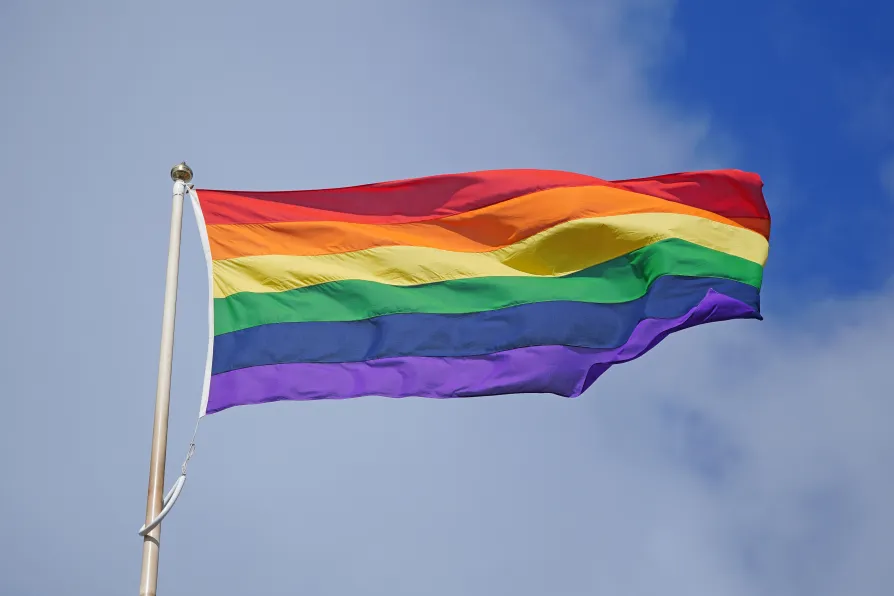

THE Eastern Caribbean Supreme Court has struck down a colonial-era law in St Lucia that criminalised gay sex, a ruling celebrated by activists in a region where social conservatism remains strong.
The court found on Tuesday that the island’s so-called buggery and gross indecency laws were unconstitutional.
Non-profit organisation Raise Your Voice St Lucia called it a “monumental step for human rights in the eastern Caribbean.”
The ruling “comes as a beacon of hope amid recent setbacks, such as disappointments in St Vincent & the Grenadines as well as Trinidad & Tobago, which have tested our region’s commitment to equality,” the group said.
St Lucia’s colonial-era law penalised gay sex with up to 10 years in prison. While the government did not enforce the ban, activists and legal experts say it remained a threat to the island’s LGBT+ community.
“The mere existence of this provision is itself a violation of human rights and underpins further acts of discrimination,” according to Human Dignity Trust, a British-based legal organisation that helped with the case.
In 2019, the Eastern Caribbean Alliance for Diversity and Equality filed five legal challenges against such laws in Antigua & Barbuda, Barbados, Grenada, St Kitts & Nevis, and St Lucia.
In 2022, courts in Barbados, Antigua & Barbuda and St Kitts & Nevis struck down those laws.
Last year, a court in Dominica did the same.
“Today’s ruling is not just a win in the courts, it also represents a step towards justice for the many lives lost to violence simply for being themselves,” said alliance executive director Kenita Placide.
Gay sex remains penalised in just five Caribbean nations: Jamaica, Grenada, Guyana, St Vincent & the Grenadines and Trinidad & Tobago.
Antigua & Barbuda Foreign Minister J’Moul Francis said: “Human rights in the eastern Caribbean continue to advance as the colonial legacies of these unconstitutional provisions continue to fall.”










